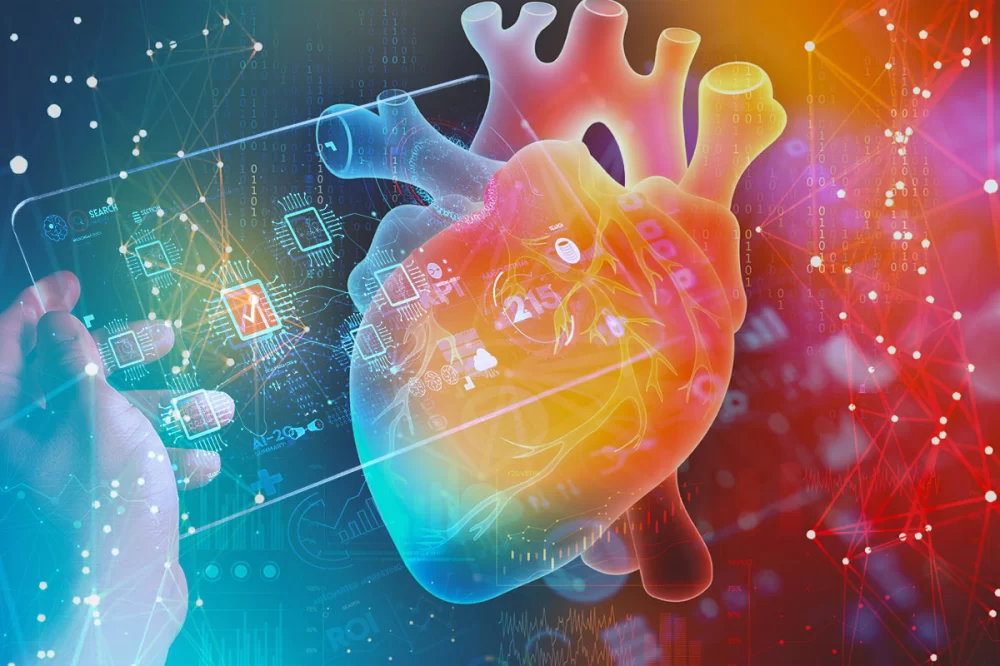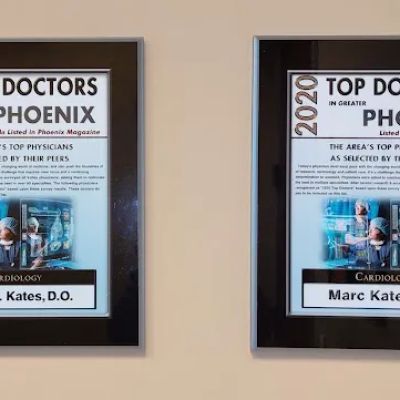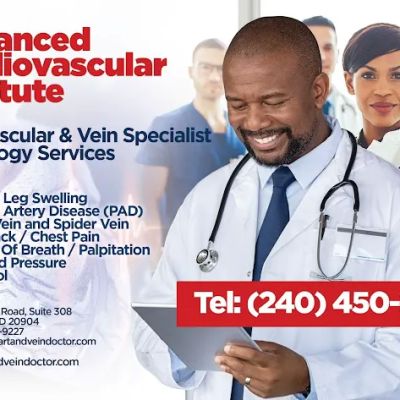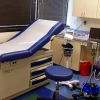How Cardiologists Use Technology to Diagnose Heart Problems: A Look at Modern Diagnostic Tools
- 1. The Importance of Technology in Heart Disease Diagnosis
- 2. Key Diagnostic Tools Used by Cardiologists
- 3. Real-World Example: A Cardiologist's Perspective
- 4. Recent Advancements in Cardiovascular Diagnostic Technology
- 5. Take Action: How Technology Can Improve Your Heart Health
1. The Importance of Technology in Heart Disease Diagnosis
Cardiologists are increasingly relying on advanced technology to diagnose heart problems, providing them with more accurate and timely information. The ability to detect heart disease early is crucial in preventing severe complications, such as heart attacks or strokes. With the aid of technology, cardiologists can identify subtle issues that may have gone unnoticed with traditional methods.
Technology helps in monitoring heart function, detecting irregularities in heart rhythms, and identifying blockages in blood vessels. These advancements have significantly improved the effectiveness of diagnoses, resulting in better outcomes for patients. The integration of technology into everyday practice has reshaped how cardiologists approach heart disease diagnosis, leading to faster, more reliable results.
2. Key Diagnostic Tools Used by Cardiologists
Several cutting-edge tools are commonly used by cardiologists to diagnose heart problems accurately:
- Electrocardiogram (ECG): An ECG is a fundamental tool that records the electrical activity of the heart. It helps identify arrhythmias, heart attacks, and other heart conditions. Cardiologists use ECGs to monitor heart rhythm and detect irregularities that could indicate underlying problems.
- Cardiac MRI: This non-invasive imaging technique provides detailed images of the heart's structure and function. It helps diagnose conditions like heart disease, heart failure, and congenital heart defects.
- Echocardiogram: An ultrasound test that uses sound waves to produce live images of the heart. It’s used to evaluate the size, shape, and function of the heart’s chambers and valves, helping diagnose various heart conditions.
- Stress Test: This test involves monitoring the heart's performance while the patient exercises on a treadmill. It helps cardiologists assess how well the heart responds to physical activity and detect potential issues like blocked arteries.
These tools have revolutionized the diagnosis of heart disease, offering cardiologists an in-depth look at a patient's heart health and enabling more personalized and effective treatment plans.
3. Real-World Example: A Cardiologist's Perspective
Dr. Emily, a cardiologist based in New York, often shares how technology has transformed her practice. "We used to rely heavily on physical exams and basic tests," she says, "but now, with tools like ECG and cardiac MRI, we can identify issues long before they cause symptoms. It’s like having a clearer map of the heart's health, which helps us act sooner and more effectively."
Dr. Emily recalls a particular case where a patient presented with minor chest pain. Using a combination of ECG and echocardiography, they detected an early-stage heart valve issue that might have gone undiagnosed for years. This timely intervention allowed them to prevent further complications and significantly improved the patient’s quality of life.
4. Recent Advancements in Cardiovascular Diagnostic Technology
The field of cardiovascular diagnostics has seen remarkable advancements in recent years. Innovations like artificial intelligence (AI) and machine learning are now being integrated into diagnostic tools, helping cardiologists analyze large amounts of data more efficiently and accurately. AI algorithms can assist in interpreting ECGs and echocardiograms, detecting patterns that may be overlooked by the human eye.
Wearable technology, such as smartwatches and fitness trackers, also plays an increasingly significant role in heart health monitoring. These devices can track heart rate, detect irregular heart rhythms, and send real-time data to healthcare providers, enabling early intervention when needed. This shift toward personalized, data-driven heart health management is making it easier for patients to take an active role in maintaining their heart health.
5. Take Action: How Technology Can Improve Your Heart Health
With technology playing a central role in diagnosing and managing heart disease, it’s essential to stay informed about the latest diagnostic tools and technologies available. Consider investing in wearable health devices to monitor your heart's health and seek out cardiologists who use the latest technology to diagnose and treat heart issues. Whether it's an ECG, stress test, or advanced imaging, these technologies are designed to detect heart problems early, improving outcomes and reducing risks.
Are you ready to take charge of your heart health? Explore our selection of heart-healthy products and diagnostic tools, designed to give you peace of mind and ensure that your heart stays in top shape. Don't wait for symptoms to appear—use technology to stay ahead of potential heart problems!





















